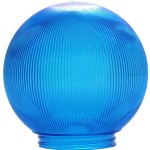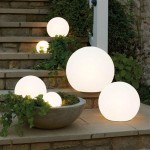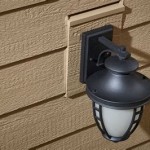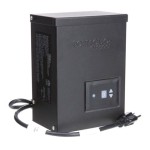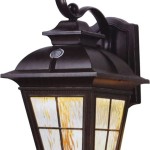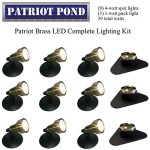Can Outdoor Electrical Cords Get Wet?
Outdoor electrical cords are designed to withstand the elements, including rain, snow, and humidity. However, not all cords are created equal, and some are more resistant to water than others. It's important to understand the different types of cords and their limitations to ensure safe and reliable operation in outdoor environments.
Types of Outdoor Electrical Cords
Outdoor electrical cords are typically classified by their water resistance and protection levels. The most common ratings are:
- Weatherproof: These cords have a protective outer jacket that resists moisture but may not be fully waterproof. They are suitable for general outdoor use, such as powering holiday lights or small appliances.
- Water-resistant: These cords have a higher level of protection than weatherproof cords, with a jacket that can withstand more direct contact with water. They are often used for outdoor lighting, landscaping equipment, and other applications where exposure to water is likely.
- Waterproof: These cords are designed for complete submersion in water and have a sealed construction to prevent water from entering. They are ideal for use in pools, fountains, and other aquatic environments.
The specific rating of a cord will be indicated on its label. Look for the letters "W" or "WR" (for weatherproof or water-resistant) and the corresponding protection level according to the IP (Ingress Protection) rating system. A higher IP rating indicates greater protection from water and other elements.
Factors to Consider When Using Outdoor Electrical Cords
Even with weather-resistant or waterproof cords, there are several factors to consider when using them outdoors:
- Cord type and rating: Choose a cord with the appropriate level of water resistance for the specific application. For example, a weatherproof cord is suitable for temporary use in a light drizzle, but it should not be submerged in water.
- Environmental conditions: Be aware of the weather conditions when using outdoor cords. Avoid using cords in heavy rain, snow, or other harsh environments.
- Cord condition: Regularly inspect cords for signs of damage, such as cuts, cracks, or fraying. Replace any damaged cords immediately.
- Proper installation: Ensure cords are properly installed and secured, avoiding any sharp bends or kinks that could weaken the insulation.
- Ground fault circuit interrupters (GFCIs): GFCIs are essential for protecting users from electrical shock in wet environments. Always use a GFCI outlet or adapter when using outdoor electrical cords.
Safety Tips for Using Outdoor Electrical Cords
Here are some safety tips to ensure safe use of outdoor cords:
- Always follow manufacturer's instructions: Read and follow all instructions and warnings provided by the cord manufacturer.
- Never overload circuits: Avoid using multiple high-wattage appliances on a single cord or outlet. Overloading can cause overheating and damage the cord.
- Avoid running cords through doors or windows: This can create pinch points and damage the insulation.
- Never use cords with damaged insulation: Damaged insulation can expose live wires and increase the risk of electrical shock.
- Unplug cords when not in use: Disconnect cords from power sources when not in use, especially during harsh weather conditions.
- Keep cords away from heat sources: Avoid placing cords near heat sources like grills, heaters, or fireplaces.
- Never bury cords underground: Buried cords are subject to damage and can pose a serious safety hazard.
- Supervise children: Keep children away from electrical cords and outlets.
By following these tips, you can ensure the safe and reliable use of outdoor electrical cords in your home or work environment.
Outdoor electrical cords can be a convenient and essential part of your outdoor activities, but it's crucial to choose the right type, install them properly, and use them safely. Always prioritize safety and follow the guidelines above to minimize any risks and enjoy your outdoor experiences with peace of mind.

Can Extension Cords Get Wet
Should You Keep Outdoor Extension Cords Plugged In When It Rains Quora

How To Tell If An Extension Cord Is Safe Use Outdoors
Can You Leave Outdoor Extension Cords In The Rain Quora

What Happens If An Extension Cord Gets Wet Transformer Avr Panther S Es
Can You Leave Outdoor Extension Cords In The Rain Quora

What Happens If An Extension Cord Gets Wet Transformer Avr Panther S Es
Can You Leave Outdoor Extension Cords In The Rain Quora

Can Outdoor Extension Cords Get Wet Find Out Now Upgradedhome Com

How To Tell If An Extension Cord Is Safe Use Outdoors
Related Posts

